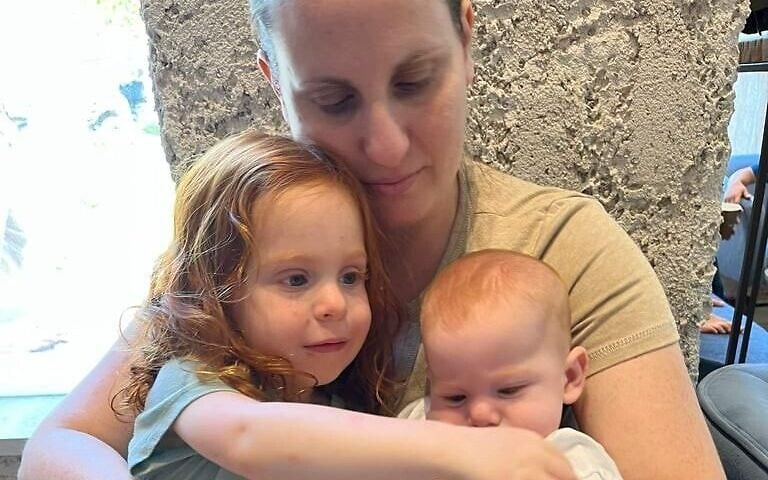This week’s Haftorah is from Shoftim. It tells us the story of how Yiftach rose to power. The reason that this Haftorah is chosen for parshas Chukas is because the war Yiftach fought was a war on the very same land as Klal-Yisroel fought for in the Sedra. The story of our Haftorah carries with it a tremendous lesson in its own right.
Chazal tell us “Yiftach Bedoro KeShmuel Bedoro” – that “Yiftach in his generation was like Shmuel in Shmuel’s generation”. Yiftach was, it would seem, something of a simpleton. Born from a concubine (or out-of-wedlock see Meforshim), he was for that reason shunned and excluded by his half-brothers. He was a leader, but he was the leader of low class people. Somehow in our Haftorah Yiftach rises to become the leader of Klal-Yisroel. Chazal are in essence telling us that no matter how great a leader is in his own right he must be respected as great because he is a leader. Yiftach had clearly adapted to his circumstances and became the leader of a lower class group, but why precisely was he Zoche to become the Manhig Hador?
Chazal(Ben-Azai) in Pirkei Avos tell us אל תהי בז לכל אדם – that we shouldn’t reject anyone completely שאין לך אדם שאין לו שעה – because there isn’t anyone who doesn’t have a point in time at which he fulfills a crucial role. Chazal intended us to understand that we must respect everyone because no matter how insignificant people might sometimes seem Hashem created them with a purpose. Since they have a purpose, that ‘purpose’ is bound sooner or later to surface, and at that point we will owe them for their contribution to mankind. Essentially this means that some things, while unfolding or ‘in-process’, might seem inconsequential. If we are patient with them and allow for some distance or time perspective, we will see that they are truly important.
Very often in life we tend to get frustrated with how other people treat us. We get frustrated with how life is treating us. Perhaps this stems from the same lack of patience and tendency to jump too soon to conclusions. People tend to know themselves better than anyone else does. People consequently often understand their own value far better than others do. We get frustrated when what we see as our value is not properly recognized. Our disappointment often results in our own abandonment of our potential. We sometimes give up on doing what we can because we are just fed up.
Yiftach was a human being just as any other. He was a Tzelem Elokim with unlimited potential. His half-brothers kicked him out and put him down because he was born out-of-wedlock (or from a concubine)and not from a noble woman like their mother. Yiftach could have thrown in the towel. He didn’t. He adjusted to his given context and found a place to settle into. He created the best situation for himself under the circumstances.
Yiftach is someone we can all relate to. He is a true hero. The moral is to always persevere patiently because one day it will be our turn to be the man of the hour. One day each and every one of us can make a mark in world history.
A very warm Good Shabbos, Rabbi Y. Dov Krakowski










